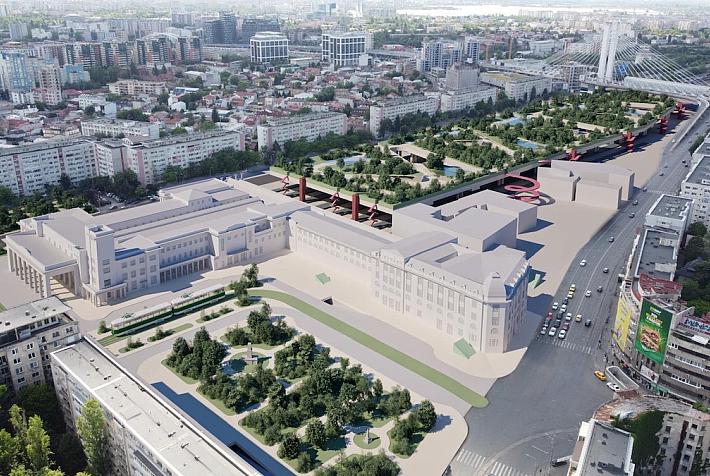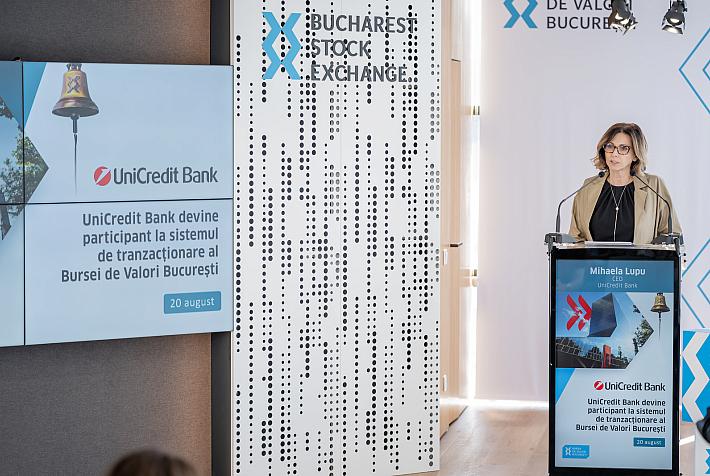Romania crash course – 10 things any foreigner should know

First time in Romania? Or planning to arrive for business, or pleasure? Here are 10 hints that will bring a smoother adjustment to the country. In most cases, we’re focusing on the worst case scenario, especially for things we know happen quite often in Romania. Be ready for them, and enjoy the exceptions – plenty of which DO exist in Romania!
Language
Romanians usually speak English, or another foreign language, so in most professional environments, English (sometimes French or German) will get you where you want. But despite it, and the fact that Romanians love foreigners and are generally welcoming, a lot still has to be done in making basic information available in English. As a rule of thumb, do not expect to have important signs in major institutions, or in tourism facilities translated into English. It will save you from having to high expectations. It’s good to have a basic Romanian – English dictionary at hand, rehearse basic Romanian words, use an online translation app on your phone, and if possible, a Romanian friend to accompany you when dealing with state institutions, for example. Most foreigners who have learned Romanian say it’s hard for them to speak it, because most Romanians wants to speak to them in English; however, learning Romanian will come handy when needing to decipher important, yet in Romanian only information.
Time
The relationships Romanians have with time is rather complicated; on the one hand, it can take them ages to accomplish something, but on the other, they also want some things to happen fast, and enjoy consumerism. To simplify things, let’s say once in Romania, you should adjust your own expectations as to the time it takes for certain things to happen – in most cases, these will go beyond the timeframe you had in mind. This goes for anything, from business projects, tasks you hand to your team, the time to have stuff repaired in your house or the time needed to have cable or internet installed, the time it takes for a client to pay their bill… So be prepared for the idea of delays, and get ready to push for deadlines. Never assume things will happen on time, and enjoy it when they do.
Agreements
In business and in personal life, agreements can sometimes be broken in Romania, both verbal agreements and written ones. Even friendly agreements over spending free time together, or meeting somewhere – Romanians like to change their mind. So even if you think things are set in stone, the business is closed, money’s almost in the account, be ready for things to take a different turn – be it because the other party changed their mind, or because they are still negotiating, beyond the point where you thought the negotiation was over ages ago. In some cases, this will leave you without ways to react – if somebody broke a contract, it might take ages before you recover any of the due payments, for example, and justice in this case is quite slow in Romania. In many cases, the best thing to do is to strike another deal and see it delivered this time. If you’re dealing with foreigners, bear in mind they sometimes change the rules of the game too, so don’t be misled into thinking Romanians are the only ones who change their mind in this country. In fact, you might meet Romanians who do keep their word, no matter what. We know, it is all confusing, so brace yourself for swimming in uncertain waters.
Parties
Romanians like a good party – to enjoy one and to throw one. You will often find them partying or meeting friends over drinks until late even on evenings at the end of working days. It’s something to enjoy and join, if you like parties too. Some drinking and eating good food is also involved, and for the younger crowds, bar crawling across the city. Biggest reasons to party? Weddings, baptisms, New Year’s Eve parties, birthdays, name days. On all of these occasions, expect the party to go on until morning (Romanian weddings especially can be a shocker for a newcomer; food and drinks are served throughout the night, and the dancing goes on until morning). It will be wise to create a strategy for when attending such events. Romanians will love it if you attend their party, but you might want to keep your energy for the next days too, so think of ways to combine the two, like staying only until a certain hour, and stand your ground when the host – or the party initiator – will insist on you staying some more.
Family
Romanians put a big price on family, love their relatives, love to talk about them. So make it a habit to ask about family members when doing small talk, and be ready to hear details. This will help your relationship with the person, be it a personal, or a business relationship. It might be awkward at first for you to ask about people you’ve never met, and hear about their good and their bad, but you will get used to it in time. Sharing some details, even if small things and not very often, about your family might also help the relationship with a Romanian. In time, it will become second nature to ask people about their wives/husbands or kids when you see them, and you will actually mean it!
Infrastructure
You might have already heard what a beautiful country Romania is, and you might have seen pictures from amazing places around the country. You might have also heard about its bad road infrastructure. But nobody will prepare you for the full extent of it until you drive on a road full of potholes: it will ruin your mood for holidaying. Prepare mentally for that possibility every time you go around driving in Romania, and remember that in most cases, amazing places will await for you at the end of bad roads. Try not to be frustrated, or to send away the feeling fast when it arrives, and rather enjoy the beauties.
Something similar goes for train rides – it can take forever to reach some large cities in Romania from the capital Bucharest. Romania does not – yet – have high speed trains, so 6 to 8-hour train rides are not uncommon. Get books to read, food for the trip, make sure all your electronic devices have enough battery time left (some trains have electric sockets, some of which work, some of which not, but in some trains such sockets do not exist), catch up on work, or talking to friends while the train takes you to the destination. For some destinations, especially those services by overnight trains, better to buy a seat at the sleeping car.
Small talk topics & interests
Romanians love to talk about politics and football, and many believe are good at both – which is, of course, arguable. It is good to know about these topics of interest, but it might be wise not to get into a heated talk about these two with a Romanian. They can be hot blooded over these topics. In any case, try not to argue too much, nor take a completely different side than your companion. Like we’ve said before, Romanians love foreigners, but they will show a different side when their country is criticized – we’ve seen it so many times. Family is another topic of interest which can be tackled in conversation – see the above point.
Status symbols
To understand Romanians, one has to know what makes them tick, and what’s important for them and what not, and how they like to be perceived by others and by the world. Here’s a list of status symbols to have in mind when dealing with locals.
Relationships
Many foreigners are attracted to Romania first because of the beautiful Romanian women. Then, through them, they learn about the country – some of them get married and move to Romania. Simply meeting a Romanian woman might not be hard, but keeping and building a relationship might not be easy either – think cultural differences. Here’s a handy list of things to watch out for when trying to win over a Romanian woman.
Safety
Despite the negative perception Romanians and Romania might have abroad, it is very safe to live in Romania, and capital Bucharest is a safer city than many big cities in the world. But, that said, one does have to keep their safety in mind, like they’d do anywhere in the world. Beware of scams, pickpocketing, avoid areas that you believe to be shady – ask a trustworthy local friend to tell you what areas you should stay away from in the middle of the night. All the common sense precautions you’d take elsewhere in the world too.
Please remember these are generalizations meant to raise awareness about issues commonly found in Romania – we’re not saying all Romanians have the traits described above, but rather that they’re commonly and frequently to be found; and we’re definitely not encouraging anyone to stay away from Romania, on the contrary – it’s a great country to live in if you adjust your expectations, like you’d to in any new country where you decide to move. This list should help a foreigner get used to Romania quicker, and thus avoid a quick – and sad – departure.
Should we have mentioned more issues and topics? Please leave a comment describing your experience with Romania, or anything else we should add to this article.
editor@romania-insider.com











